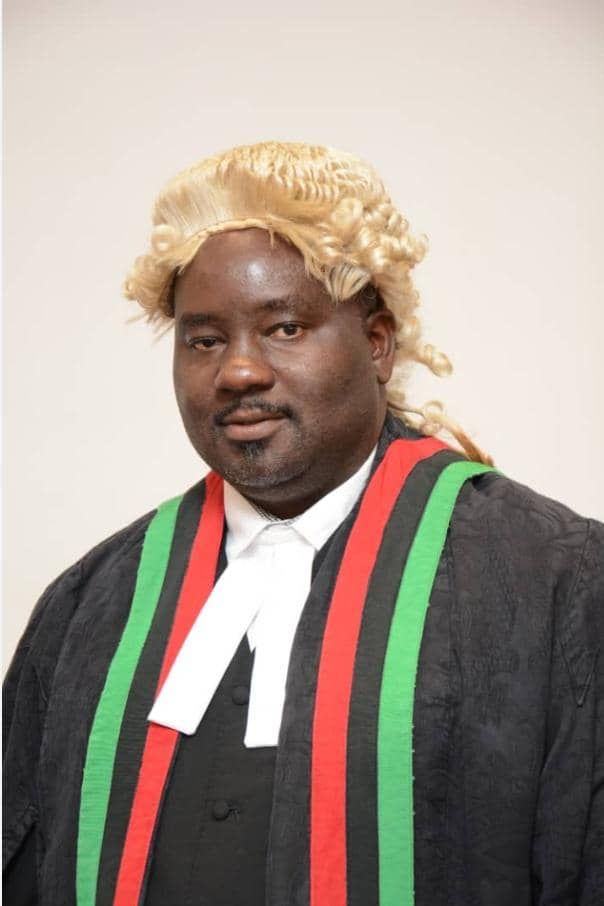By Burnett Munthali
Deputy Speaker of Parliament, Madalitso Kazombo, has publicly acknowledged that Malawi’s escalating debt crisis is exacerbated by parliamentarians’ tendency to hastily approve financial bills without adequate scrutiny. This revelation was made during the opening session of a two-day national debt conference organized by the Malawi Economic Justice Network (MEJN) in Lilongwe.
The conference aims to foster candid discussions on the detrimental impacts of unsustainable debt levels on social sector investments, ultimately affecting service delivery quality across the nation.

Kazombo, speaking on the parliamentary processes, noted a critical oversight wherein Parliament frequently bypasses the mandatory 28-day period for members to review bills before their first reading. According to Parliamentary Standing Orders, every bill must be circulated among lawmakers at least 28 days before its initial reading.
“In many instances,” Kazombo lamented, “ministers often request waivers of the 28-day notice period, citing urgency for the bill’s passage.” This practice, he emphasized, undermines the rigorous scrutiny essential for ensuring the financial prudence and accountability required in managing public debt.
The Deputy Speaker’s remarks highlight a systemic flaw within Malawi’s legislative oversight, where expedited procedures potentially compromise comprehensive examination of fiscal policies and financial implications. Such oversights contribute significantly to the country’s mounting debt burden, which demands meticulous parliamentary scrutiny to safeguard national financial stability and public trust.
As the national debt conference unfolds, stakeholders are poised to deliberate on strategies to enhance legislative oversight, promote transparency, and strengthen accountability mechanisms within Malawi’s governance framework. The objective is to foster a more informed and responsible approach to managing public finances, thereby mitigating the adverse effects of unsustainable debt on critical social investments.
In conclusion, Deputy Speaker Kazombo’s candid assessment serves as a clarion call for reforming parliamentary practices to ensure robust scrutiny and adherence to procedural norms, crucial in safeguarding Malawi’s economic resilience and sustainable development goals.










